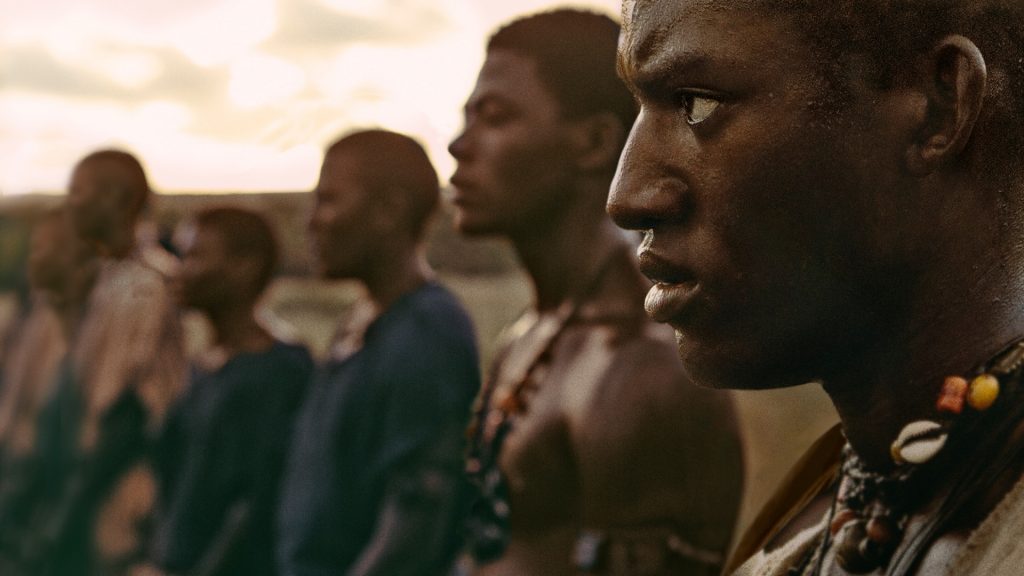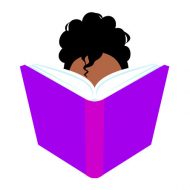Okay, so at the moment, we’re terrible at blogging. But, we’re working on it. During one brainstorming session, we got together and had this conversation about the overabundance of slave narratives in pop culture.
DL: So, it’s been in the news, so we should talk about it, too. Have there been too many slave stories? Snoop Dogg thinks so.
EM: Oh, Snoop … It seems like this argument comes up every time a TV show or movie about slavery gets popular. People do usually frame it as “are there too many,” which I think is a loaded question. I don’t think there can be too many (especially given that legalized slavery lasted 245 years in the United States), but I do see the problem when that’s the predominant representation of black people.
DL: I can see Snoop’s point. I’m really thirsting for historic fiction that focuses on black characters who aren’t slaves. But at the same time, with foolishness like what’s happening in Texas, I’m also very #neverforget.
EM: Same here. It’s particularly hard when you discuss or read pieces from people who don’t know about this history. We watched a documentary about Emmett Till in one of my grad school classes and more than half the class hadn’t even heard of him before that day. It’s important history.
On the flip side, I feel like black narratives are diversifying. “Empire” is a mega-hit, “Blackish” is one of the funniest things I’ve ever seen, Binti won a Nebula and is nominated for a Hugo, Queen Sugar was a hit and is getting a TV series, “Lemonade” was a powerhouse and Netflix is adding “The Get Down.” So, I don’t know that the argument that we’re only represented by slave narratives is entirely true
DL: I would argue (’cause I gotta argue) that most of those shows take place in the present.
EM: That is true of all of them but Binti and “The Get Down.” You are right that there isn’t a lot of historical representation from other periods. Though I guess, just in general, I’m less inclined to engage with historical fiction.
If we’re talking strictly about historical fiction, then I totally agree. The focus seems to be on slavery and the civil rights movement. It would be awesome to see more stories set in the ‘70s or the ‘90s, or even earlier during the ‘20s and ‘30s.
DL: I read mostly historical fiction. And when black people are present, slavery is a central focus. I get it. It was around for 400 some years and was a terrible institution, but here are so many other eras in black history that could be explored. Could you imagine “Empire” if it had taken place during the Harlem Renaissance? Or something like “Shakespeare in Love” with a focus on Langston Hughes or Claude McKay. (This guy gets it!)
I worry that if we limit the scope of black stories to just slave narratives, we risk whitewashing ourselves from other eras of history.
EM: I think it would be awesome to see “Empire” on Black Wall Street.

DL: Why you think slave narratives are so widely consumed? I know they were huge before slavery was abolished (see: 12 Years a Slave and Narrative of the Life of Frederick Douglass). Roots was a game changer because Haley sold it as a genealogy, so to speak. Why do you think these stories are coming back? I mean, for all my complaining, I did buy the first season DVD of “Underground” and I can’t wait to binge watch it.
EM: I don’t know why these narratives are so popular. I can see why the used to be — because it was such a long period of time and they were harrowing tales. I have two guesses about the resurgence:
- Everything old is new again. Seriously, they’re remaking everything. These particular stories have done well in the past, so it’s more of a safe bet to just redo them.
- Consumers are most comfortable when stories about black people (and other people of color) are familiar. So the same narratives are done over and over again: A nice white teacher helps students learn to read/write poetry/play chess. A stern black teacher yells at a group of teens until they’re lifted out of poverty. A single Christian mother is abused, but finds love. Slavery. And so on.
Since they’re playing to our expectations, they’re they ones that do well and are thus the most promoted.
DL: You may be onto something with point No. 2. That goes back to why schools talk about the same historical figures (Martin Luther King Jr., George Washington Carver and Harriet Tubman) every Black History Month.
So it’s a cycle. “We” (our collective consciousness) only know about slavery, so we only tell those stories, which results in us only knowing slave stories and so on and so on.
EM: I think that’s probably a big part of it.
DL: I suppose one way to fix that is to start sharing more historical titles that feature black people who aren’t slaves. I got the book The Black Count for my birthday, which I can’t wait to read it just because it’s something different. I’m currently reading The Blacker the Berry, which takes place in the 1920s. And, because I’m the trashier reader of the two of us, I’d also recommend The Brightest Day (which, as a Juneteenth romance anthology only just qualifies).
EM: I would also recommend Mules and Men, though I can’t get through more than a few pages at a time. Every time I start, I get so inspired that I want to google everything they’re talking about, or start writing something myself!
